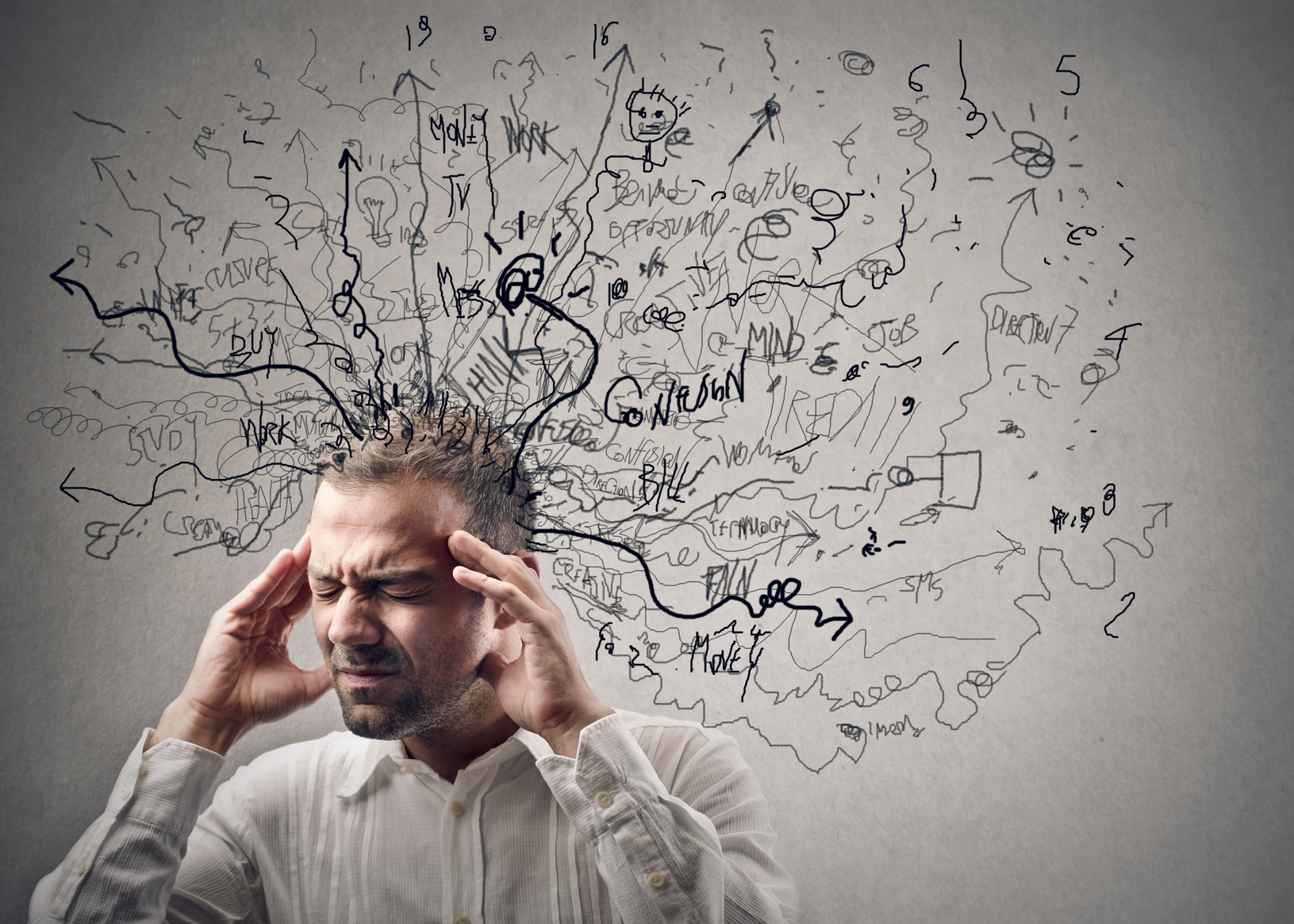
After a Pilates/Yoga workout session one of my students started talking about running Lisbon’s half marathon. The 62-year-old man ran 17 Kilometres in 43 minutes and had made it in 42 minutes once. “The most difficult part is not the race, it’s the preparation required to be able to run it” he said.
He wasn’t willing to repeat the experience anymore. Not because of the race itself, but because of the daily preparation needed prior to the race.
Likewise, concert hall presentations, auditions, competitions, tests or a simple gig on a local bar may demand some level of intense preparation.
What happens afterwards? You’ve run the marathon, you’ve prepared for that big event… and you hope not to return in the near future. Why is it harder to come back the next day and start all over again? Where does this feeling of apathy, energy loss, indifference or detachment come from? What to do with it?
I remember watching Michael Phelps winning 200m Individual Medley Gold Medal at London 2012 Olympic Games, his 20th which made him the greatest Olympian of all time, plus the only athlete to ever win that competition 3 times in a row. He made it surpassing his archrival Ryan Lochte plus several younger and gifted opponents.
After the achievement Phelps had one more swimming event to win his 21st gold medal! Did he took a rest? Did he celebrate? No way, Jose! The guy asked permission to the officials to “chill” in the warm up pool (check minute 7:17 and 8:19 of the video). That’s pretty amazing, don’t you think?
So how can we prevent burnout, exhaustion and loss of interest to come back to the practice room the next day and keep working on those chops?
As we’ve seen before, an individually balanced Work-Rest ratio favours our ability to re-fuel our energy to keep moving forward and prevents boredom or mental disengagement. But this occurs DURING our practice. What happens AFTER the practice session ends is different.
When we talk about rest periods we’re basically referring to 2 major concepts:
- The rest period in the middle of a workout session (the 5 minutes of the Pomodoro Technique or an NBA Timeout);
- The rest period between workout sessions (call it a day, going home to get some sleep, taking one day off, the Weekends, Holidays or Summer Vacations).
What we do during those longer periods of rest can have a major impact in our following performances. Obsessive thinking and worrying throughout the day builds on exhaustion. Your mental and emotional cling makes it harder for you to Let Go and prevents you from taking an actual breather from work.
When experiencing burnout we do realize we’re not at 100% of our abilities. That’s a source of concern and it will make us cling deeper, staying an extra hour at work, a longer hour at the gym.
In my lawyer years I’ve experienced this problem. Court deadlines had to be strictly observed and work had to be done beforehand. At the office I struggled to borrow one more hour in a day. I actually talked about the need of a 25th hour to get it all done! With nowhere to go the workdays were getting bigger at the same time sleep nights were getting smaller.
The problem is that putting an extra hour of work in order to catch up cuts the rest period wide open, overloading, tiring and draining your reservations of energy. You will need even more time to recover and clarity of mind to stop this snowball effect.
Mental disengagement is a must. You don’t get out of the gym thinking about the bicep or squat reps you’ve put in the session, right? Your mind stops thinking about it after finishing the specific exercise and moves on to the next thing. Likewise, after ending your ear training session, stop singing intervals. Stop humming little melodies. Stop trying to find out what’s the chord progression of every song you’re listening on the radio.
If you’re a musician reading this, please shut your mind a little bit! Turn off the radio, take off the headphones and go find something else to do instead. You’re only making yourself (and people around you) insane! Seriously!
Here are a few suggestions to disconnect from practice and recover energy:
- Cease all your connections related to work. No emails, phone calls or texting. Try switching to Flight Mode and see what happens;
- Don’t give in to the sense of perpetual emergency caused by the need to respond to every outside stimuli;
- Don’t offer 24-7 availability. Set some rules and attend requests in a certain period of time;
- Disconnect from fellow musicians, students or musical agents from time to time. Meet different people with different interests and talk about other subjects beyond music;
- Stop working on holidays, festive times of the year and vacations.
Producing extraordinary work requires learning to stop. What are your best tactics to take some time off and re-energize?


